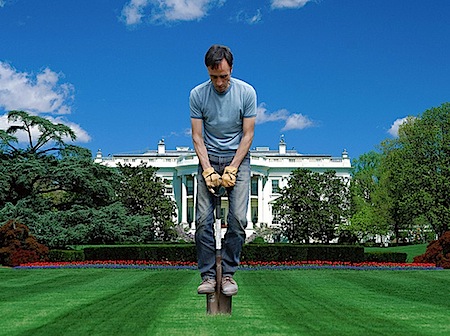There’s a prevailing meta-narrative in some circles that sees smallholder farmers, noble peasants, as all-knowing and all-wise. Just give them control over their resources, this story goes, and they’ll feed themselves, conserve their environment, produce a surplus for those who do not farm, and all will be well with the world.
There’s an equally prevalent counter-narrative that says that the reason poor farmers are poor is that they haven’t had access to the fruits of scientific research and technological developments. Sell them seeds and fertilizers and spiffy new crops and varieties and they’ll grow their way out of poverty.
Neither narrative is wholly true, nor wholly untrue, and seldom is that brought out as clearly as in a recent report on the Agence France Presse wire, about the plight of farmers in southern Ethiopia. Some bought into a get-rich-quick scheme, growing biofuels for an American-Israeli company. They are going hungry, and they are still poor. Others ignored the offer. They remain poor, but they do have food to eat.
For smallholder farmers, as for everyone else, if something sounds too good to be true, it probably is.
It’s a complicated story, that’s for sure, and AFP does its best to provide a balanced view. More and more, though, I am becoming certain that the best way to improve food security and earnings is to reverse the neglect of thoughtful extension services, which can combine the best technological advances with the most useful local knowledge to come up with locally sensitive solutions.
